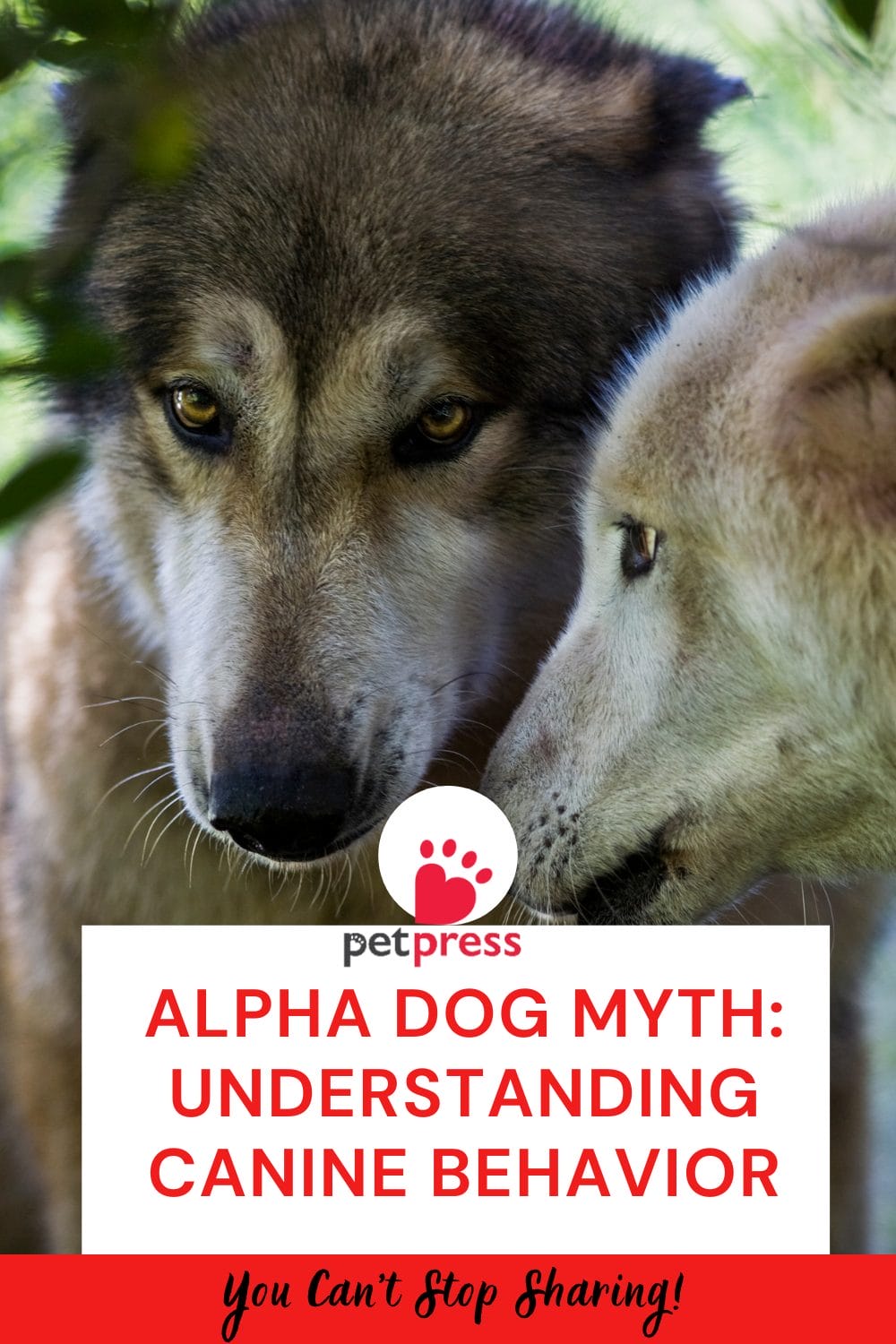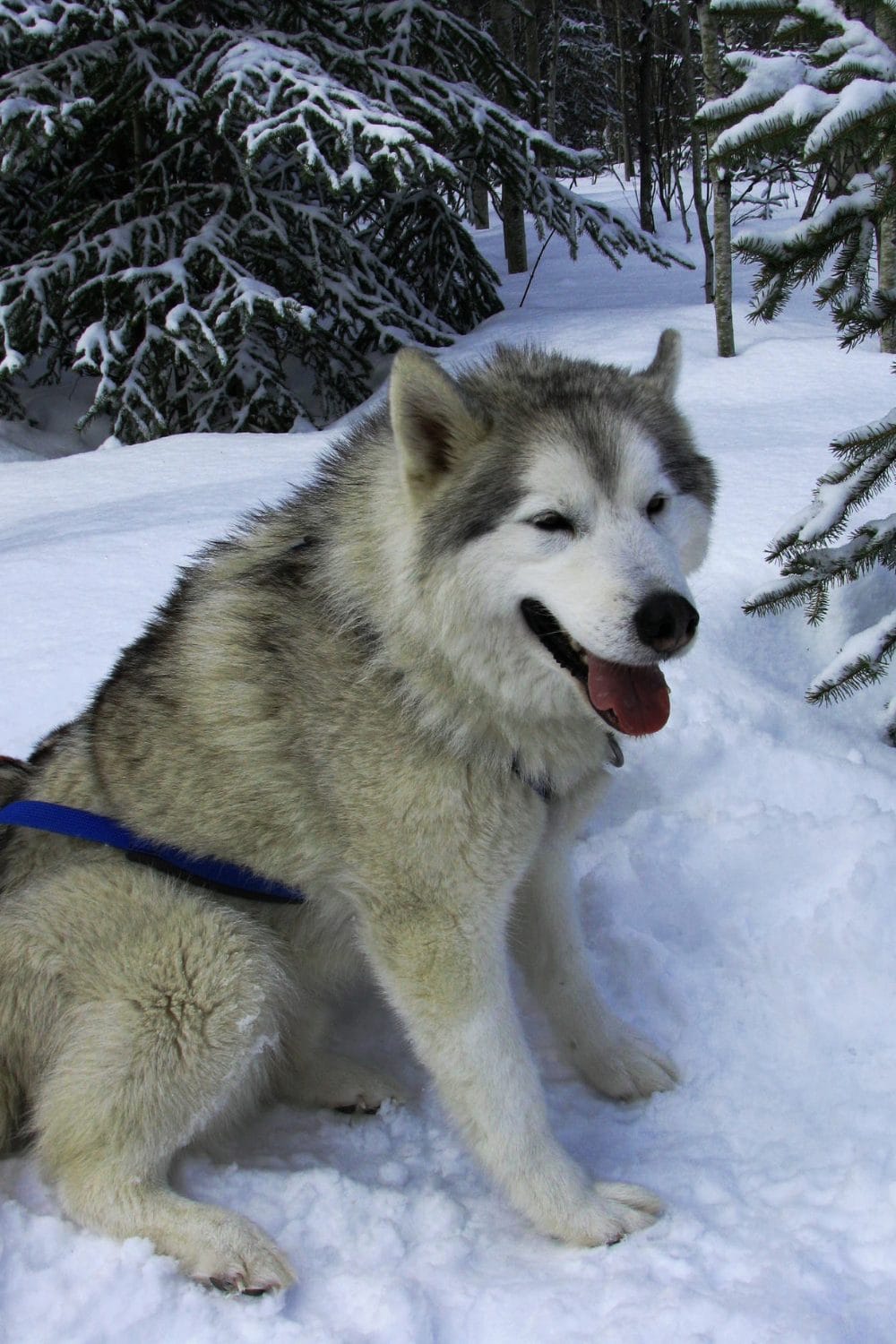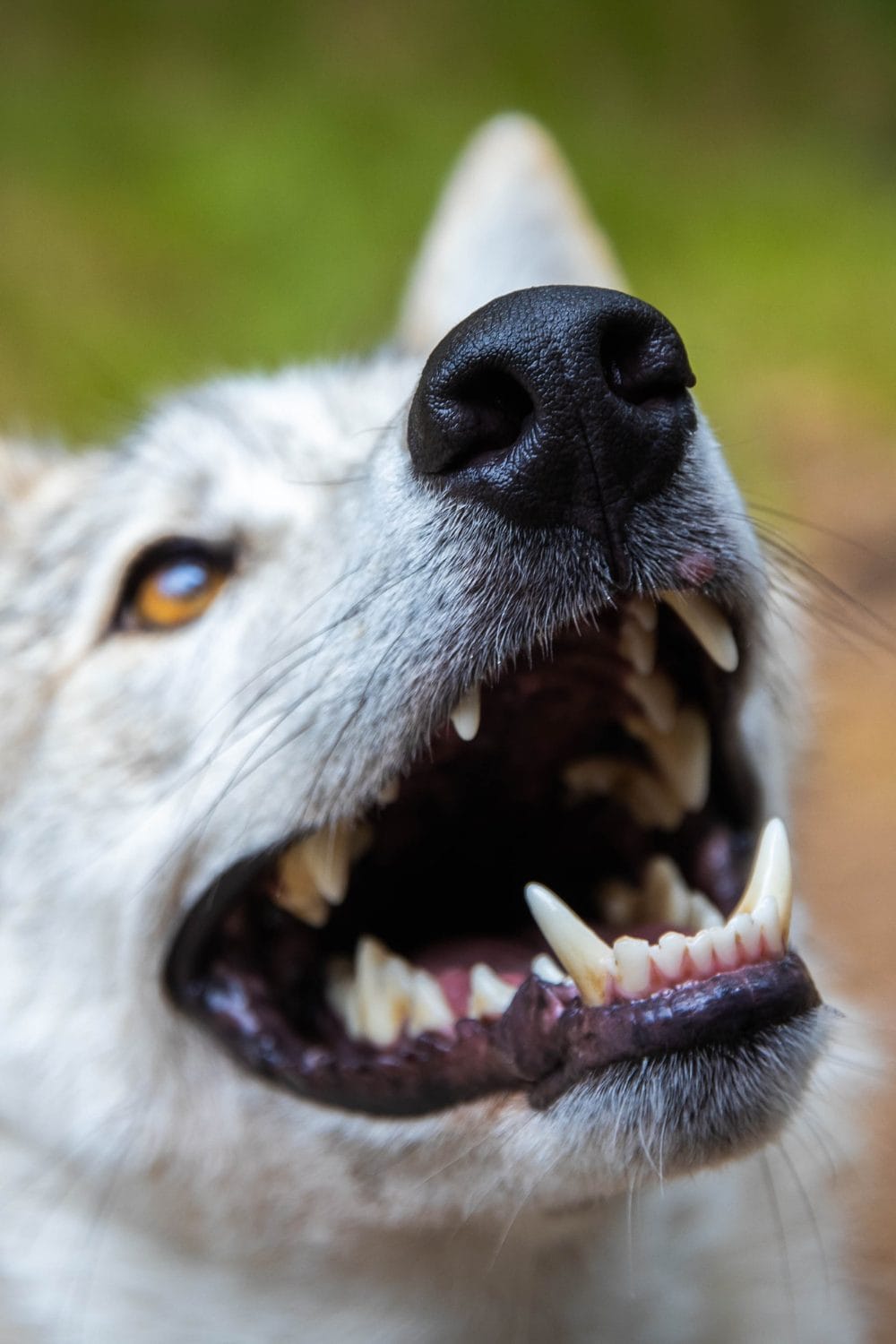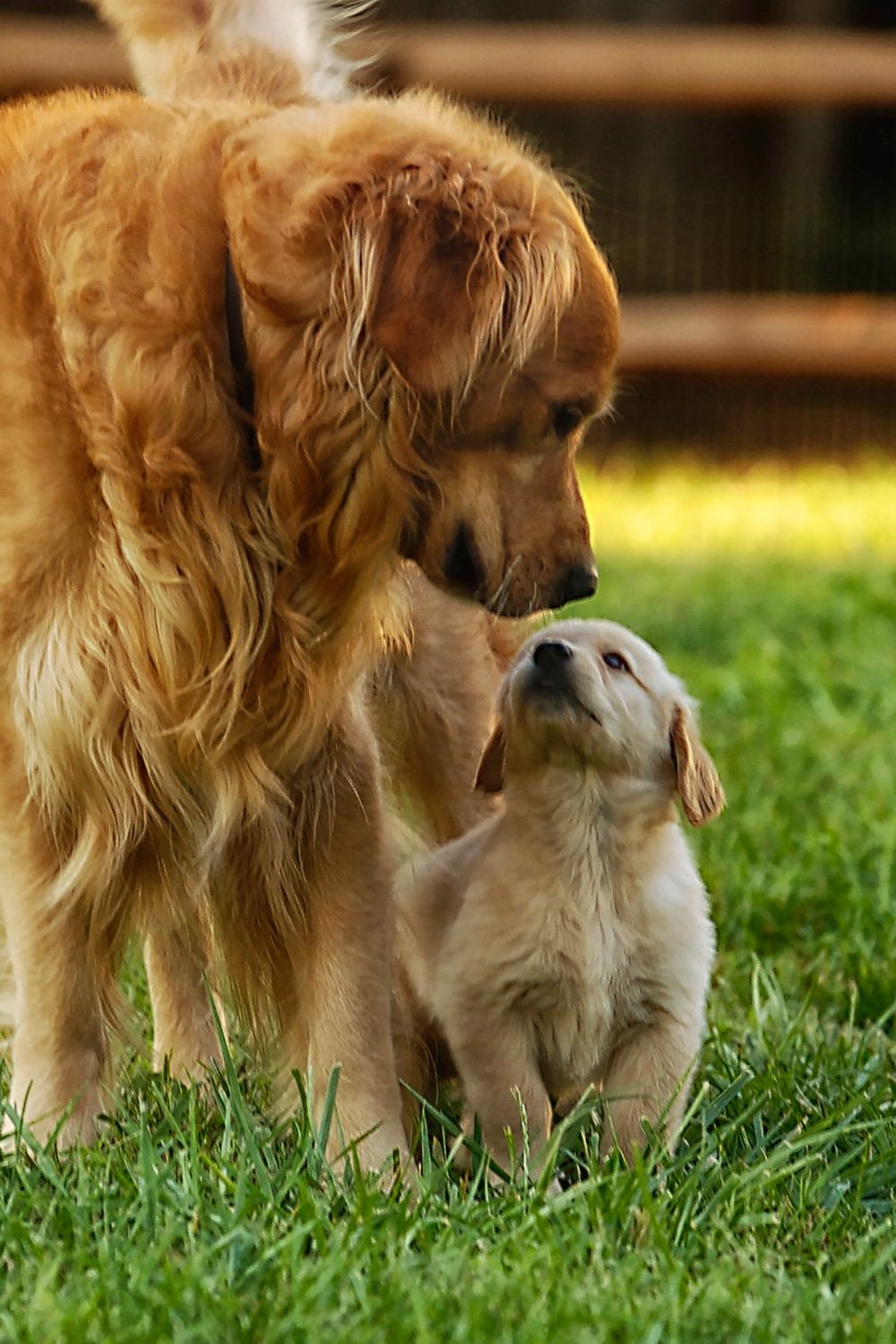
The concept of the “alpha dog myth” has shaped dog training methods and how pet owners perceive their furry companions for decades.
Rooted in outdated research, the idea suggests that domestic dogs operate in a hierarchical structure similar to wolves, where one dog must assume the dominant “alpha” role.
However, modern science has debunked this myth, highlighting that dogs thrive more in cooperative relationships with their human companions rather than in rigid dominance hierarchies.
In this post, we will explore the origins of the alpha dog myth, its widespread misconceptions, and provide practical guidance on how to raise a confident, happy dog without adhering to dominance-based training.
Significance of Debunking the Alpha Dog Myth
Understanding the inaccuracies of the alpha dog theory is crucial for responsible dog ownership.
Misinterpreting dog behavior as a struggle for dominance can lead to aggressive and harmful training practices.
The myth fosters an environment where dogs are viewed as adversaries that need to be “put in their place,” rather than companions that thrive on trust, affection, and positive reinforcement.
By debunking the alpha dog myth, we pave the way for more effective, humane training methods that strengthen the bond between dogs and their owners.
What is the Alpha Dog Myth?

The alpha dog theory emerged from early research on captive wolf packs.
In the 1940s and 1950s, scientists studied the social dynamics of wolves in enclosed environments and observed what they perceived to be a strict hierarchy, with an “alpha” wolf assuming a leadership role.
This research, combined with a misunderstanding of domestic dog behavior, led to the popular belief that dogs, as descendants of wolves, operate under the same hierarchical principles.
The myth suggests that in every pack or household, there is a dominant dog that must be subdued or controlled by the owner to maintain order.
This belief has contributed to training methods that emphasize control, submission, and sometimes punishment to establish the human as the “alpha” or leader of the pack.
However, further research into wild wolves has revealed that these packs are actually family units, led by parental figures rather than dominant individuals. In domestic settings, dogs do not adhere to strict dominance hierarchies but instead respond to nurturing, consistent leadership from humans.
Common Myths Around Alpha Dogs
Dogs are constantly trying to dominate humans.
One of the most pervasive myths is that dogs are always seeking to assert dominance over their human owners.
While dogs may display behaviors such as jumping, barking, or pulling on the leash, these actions are often related to excitement, stress, or lack of training, not an attempt to dominate.
Owners must act as the alpha to gain respect.
Many believe that they must assert dominance over their dogs by using harsh or punitive training methods.
However, dogs respond more effectively to positive reinforcement, patience, and consistency. Building trust through kindness is far more beneficial for both the dog and the owner.
Alpha dogs are naturally aggressive.
Dogs labeled as “alpha” are often misunderstood as aggressive or unmanageable.
In reality, dogs that exhibit aggression or dominance-like behaviours are often insecure, anxious, or fearful.
Proper training and a stable environment can help such dogs feel safe and reduce aggressive tendencies.
Physical dominance is necessary for obedience.
Methods such as alpha rolls (where a dog is forced onto its back) or other physical displays of dominance are not only ineffective but can damage the trust between dog and the owner.
These practices may lead to fear-based aggression and stress in dogs, worsening behavioral issues.
Some breeds are naturally dominant.
Another common myth is that certain breeds, such as Rottweilers or Pit Bulls, are inherently dominant and require harsher training.
However, breed alone does not determine a dog’s personality or behavior. Every dog, regardless of breed, benefits from positive training, socialization, and care.

How to Take Care of an “Alpha” Dog?
While the alpha dog theory has been debunked, some dogs may still display dominant or challenging behaviors due to their unique personalities or previous experiences.
Here’s how you can care for a dog that exhibits such traits without resorting to outdated dominance-based practices:
Consistent Training
Consistency is key when training a dog. Dogs thrive on clear boundaries and expectations.
Use positive reinforcement, such as treats, praise, and playtime, to reward good behavior. Avoid punishing bad behavior, as it can create confusion and stress.
Provide Mental and Physical Stimulation
Dogs with dominant personalities often need more mental and physical stimulation to remain calm and balanced.
Engage your dog in regular exercise, interactive toys, and brain games to keep them occupied and reduce boredom, which can lead to behavioral issues.
Build Confidence
Many dogs labeled as “alpha” are actually insecure.
Build your dog’s confidence through obedience training, exposure to new environments, and by allowing them to succeed in small, manageable challenges.
Celebrate their successes with rewards to boost their self-esteem.
Offer Leadership, Not Dominance
Being a good leader means being calm, confident, and consistent.
Dogs look to their owners for guidance, not physical control. Lead with compassion and fairness, setting firm but kind boundaries.
Socialization
Expose your dog to various situations, people, and other dogs to help them learn proper social cues and reduce anxiety.
Socialization from an early age can prevent dominance-like behaviours in adulthood.

Conclusion
The alpha dog myth has perpetuated a false understanding of canine behaviour, leading to misguided training practices.
Science has shown that dogs do not operate under strict dominance hierarchies in the way the myth suggests.
Instead, they thrive on trust, consistency, and positive reinforcement.
By debunking the alpha dog myth, we can foster stronger, healthier relationships with our canine companions, ensuring they are raised in environments filled with care, patience, and understanding.
5 FAQs with Answers
No, the alpha dog theory has been widely debunked by modern science. Research shows that dogs do not operate under strict dominance hierarchies, and using dominance-based training methods is both outdated and harmful.
Positive reinforcement is the most effective and humane training method. Reward your dog for good behavior, and use consistency and patience to teach them desired behaviors.
Dogs do not view humans as part of a dominance hierarchy. Instead, they see their owners as providers of guidance, care, and safety. Being a calm, consistent leader is more important than being seen as “dominant.”
No breed is inherently dominant. While some breeds may have stronger personalities, all dogs benefit from proper training, socialization, and care, regardless of breed.
If your dog displays aggression, it is important to consult a professional dog trainer or behaviourist. Aggression is often a sign of fear, anxiety, or lack of socialization and should be addressed with patience and expert guidance.

- Best Shampoo for Sensitive Skin Dog Grooming: 2026 Guide - February 12, 2026
- 40+ Aesthetic Names for White Dogs (2026 Unique & Rare List) - February 6, 2026
- 50+ Cool Snake Names for 2026: Expert-Picked & Rare Ideas - January 29, 2026


GIPHY App Key not set. Please check settings